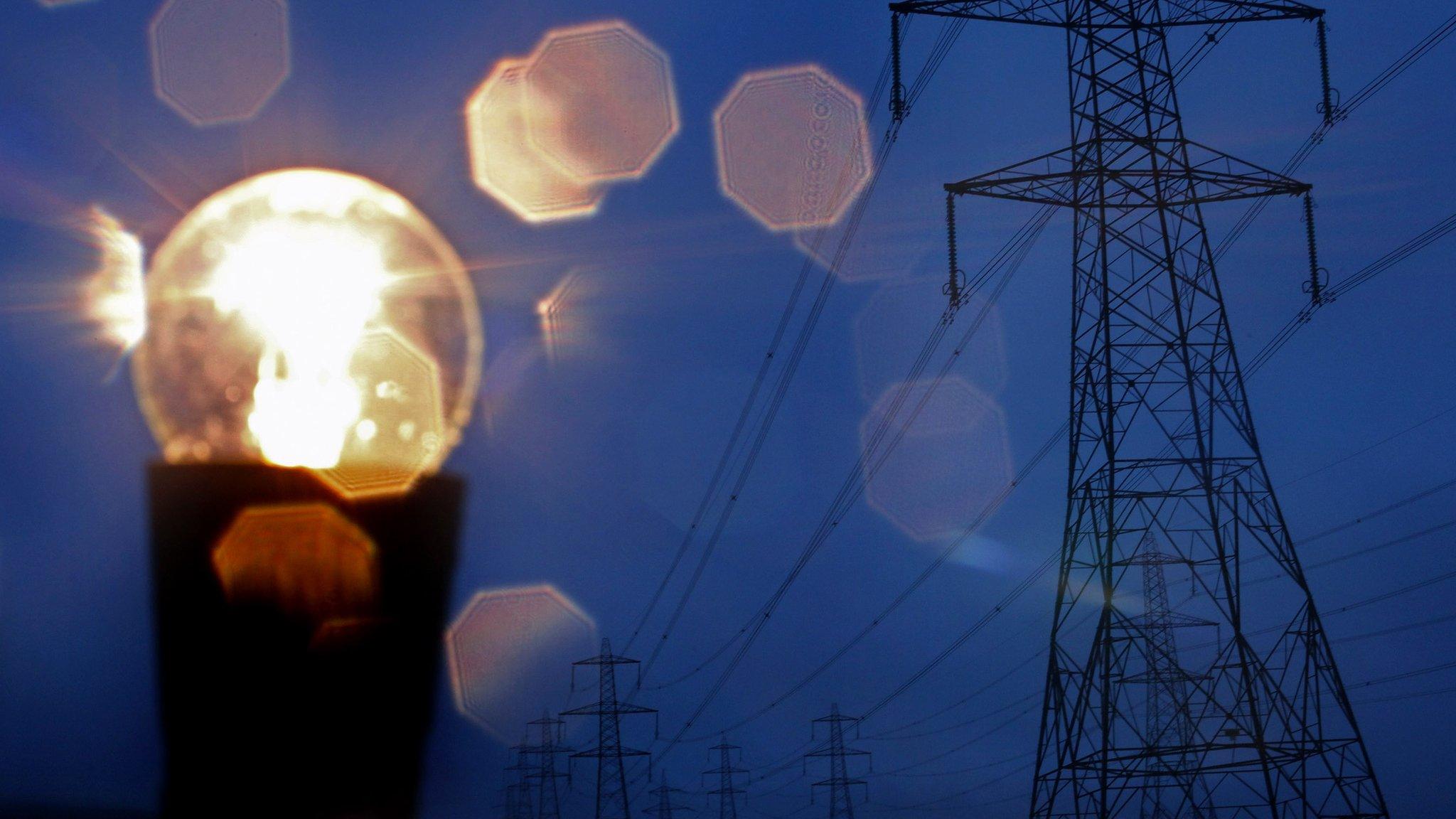German nuclear plant hit by computer viruses
- Published

Viruses were found on USB sticks used at the German plant and on computer systems
Computer viruses have infected PCs used at a German nuclear power plant.
The viruses were found on office computers and in a system used to model the movement of nuclear fuel rods.
Power firm RWE said the infection posed no threat to the plant because its control systems were not linked to the internet, so the viruses could not activate.
German federal cyber investigators are now analysing how the Gundremmingen plant became infected.
No damage
The viruses were found on the fuel rod modelling system and on 18 USB sticks used as removable data stores on office computers.
Staff found the viruses as they prepared to upgrade the computerised control systems for the plant's Block B, which is currently not producing power while it undergoes scheduled maintenance.
More than 1,000 computers have now been checked for infection and cleaned up, an RWE spokesman told newspaper Die Zeit. The plant has also improved its security controls.
No system directly involved with the control of the nuclear reactors was infected, RWE said, and there was no danger to the public as a result of the infection.
"All sensitive plant areas are decoupled and designed with redundancy and protected against manipulation," added RWE in a statement.
Among the viruses were two well-known malicious programs - W32.Ramnit and Conficker.
Ramnit debuted in 2010 and is a remote access tool that its creators use to steal data. Conficker dates from 2008 and aims to grab login names and financial data.
Because the infected systems were isolated from the net, neither Ramnit nor Conficker were able to activate, update and steal data, said RWE.
Mikko Hypponen, chief research officer at F-Secure, said power plants and other chunks of a nation's critical infrastructure were often infected by viruses but such compromises did little damage.
"The most common viruses spread without much awareness of where they are," he told Reuters., external
Gundremmingen is about 120km (75m) northwest of Munich and the plant is Gemany's highest output power station.
- Published16 March 2016

- Published29 February 2016

- Published21 December 2015

- Published5 October 2015
